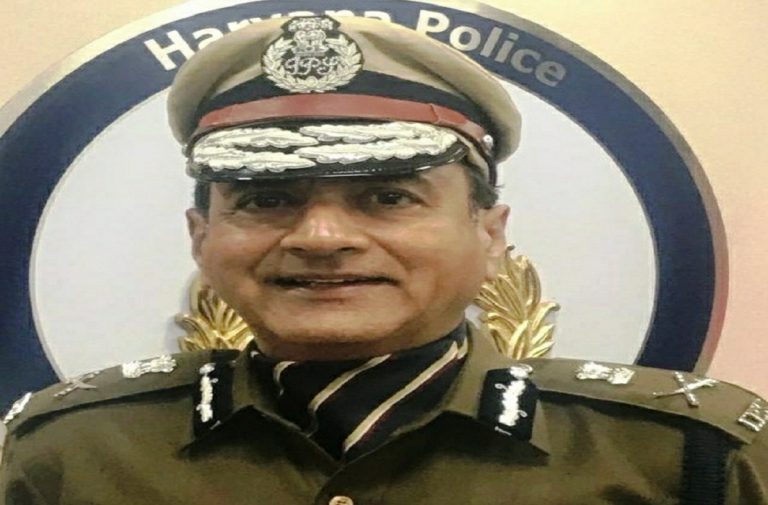
By Kunal Rao
The Delhi HC has sought clarification from UPSC and Haryana government on a plea challenging appointment of Manoj Yadava as Director General of Police of Haryana.
Acting upon a plea, Justice Suresh Kumar Kait sought clarification without issuing a formal notice from Union Public Service Commission (UPSC) and Haryana government.
Petitioner cited Prakash Singh judgment (2006) 8 SCC 1 passed by SC relating to appointment of DG Police of States and the subsequent clarification. Haryana government appointed Manoj Yadava as DGP of Haryana in contravention to the guidelines of the Central Government and the judgment passed by the SC susperseding Prabhat Ranjan Deo (Senior to Yadava). Petitioner Prabhat Ranjan Deo informed the Delhi HC that he had earlier filed a writ under Article 32 before apex court challenging the appointment of DGP Haryana and the SC granted him liberty to approach the HC.
“Supreme Court in W.P. 310/1996 reported at 2006 (8) SCC 1 laid down the guidelines related to the selection and terms of the DGP in the states and categorically stated that the DGP of a state shall be selected by the State from amongst three senior most officers empanelled by the UPSC. The relevant para of the aforementioned order is reproduced hereinunder:
“31. Selection and minimum tenure of DGP
(2) The Director General of Police of the State shall be selected by the State Government from amongst the three seniormost officers of the Department who have been empanelled for promotion to that rank by the Union Public Service Commission on the basis of their length of service, very good record and range of experience for heading the police force. And, once he has been selected for the job, he should have a minimum tenure of at least two years irrespective of his date of superannuation. The DGP may, however, be relieved of his responsibilities by the State Government acting in consultation with the State Security Commission consequent upon any action taken against him under the All India Services (Discipline and Appeal) Rules or following his conviction in a court of law in a criminal offence or in a case of corruption, or if he is otherwise incapacitated from discharging his duties. ”
“That despite being fully eligible in view of the aforementioned directions of the Supreme Court as well as the guidelines laid down by the Central Government and being the senior most amongst other candidates on the panel and the representation made the petitioner was not even considered for promotion to the post of DGP by UPSC and was not empanelled for the post of DGP. The entire action of the UPSC is arbitrary, illegal, unfair, unjust and thus in violation of Article 14, 19 (1) (g) and Article 21 of the Constitution of India,” said petition.
It is further contended in petition, “that petitioner is constrained to move writ petition as he was denied by UPSC of his guaranteed and fundamental right of being considered for promotion to the post of DGP. The Central Government have further misinterpreted and not followed the judgment in Prakash Singh case and the orders/directions issued on 3.7.2018 in letter and spirit.”

